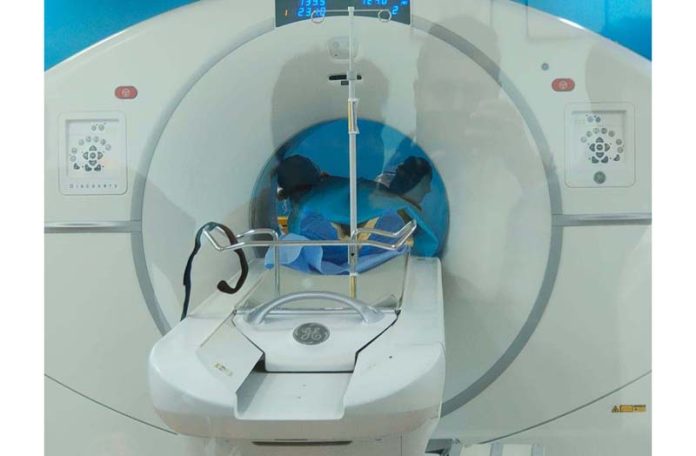The inauguration of PET scan services at the State Cancer Institute, GMC Jammu, marks a watershed moment in the region’s healthcare history. This development not only symbolises progress in medical infrastructure but also brings immense relief to countless patients and their families who have long struggled with the lack of advanced diagnostic facilities. PET scans are a cornerstone in the detection and management of cancer, heart disease, and various neurological conditions. By providing detailed images of the body’s cellular activity, PET scans enable early detection of diseases, accurate staging of cancer, and precise monitoring of treatment responses. Until now, patients in the Jammu division had to endure the financial and emotional burden of travelling outside the region or seeking expensive private hospital services for this critical diagnostic test. The introduction of PET scan services at GMC Jammu is a monumental advancement, bringing state-of-the-art medical care within reach of the local population.
The successful initiation of PET scan services is a testament to the dedicated efforts of a multidisciplinary team led by the Principal of GMC Jammu. Just on the first day, this facility demonstrated its immediate impact by performing four PET scans. It has been an exemplary effort by specialist doctors, exemplifying the collaborative spirit essential for such a significant achievement. The integration of PET scan services with forthcoming radiation therapy machines at the State Cancer Institute is set to revolutionise cancer treatment in the region. By basing radiation planning on PET imaging, treatments will become significantly more precise and accurate. This integration will not only improve treatment outcomes but also reduce the physical and psychological toll on patients, making the entire treatment process more humane and patient-centric.
Furthermore, efforts are underway to ensure that the user charges for PET scans and other facilities at the State Cancer Institute remain affordable. This is a crucial consideration in a region where many patients struggle with financial constraints. By keeping the costs accessible, the institute aims to extend its life-saving services to the economically disadvantaged, thereby fulfilling a vital public health mandate.
The importance of this development cannot be overstated in light of the cancer burden in the Jammu region. According to the Hospital-Based Cancer Registry (HBCR), 9,630 cancer patients were registered at GMC Jammu between 2018 and 2022, with lung cancer being the most prevalent among males and breast cancer among females. These statistics highlight the urgent need for advanced diagnostic and treatment facilities. With thousands registered with the National Cancer Registry Programme report, the availability of PET scan services at the State Cancer Institute is poised to make a significant impact on these numbers by enabling early detection and effective treatment. The launch of PET scan services is a landmark achievement not only for GMC Jammu but for the entire region. GMC Jammu serves as the nerve centre of healthcare for the whole of Jammu Division and acts as a crucial medical hub for the Kashmir Division during the winter months, when many patients migrate to Jammu to escape the harsh winter conditions in Kashmir. The ripple effects of this development will be felt far and wide, alleviating the suffering of cancer patients and their families while enhancing the overall quality of healthcare.
However, it is crucial to maintain the momentum. Continuous investment in healthcare infrastructure, training for medical personnel, and public awareness campaigns about the importance of early detection are imperative. This facility is in line with various other efforts by the administration to enhance medical facilities in the UT. The success of the PET scan facility should serve as a blueprint for further advancements in healthcare across the region. The efforts of visionary leadership and dedicated medical professionals are commendable. This development promises to bring hope and healing to countless lives, underscoring the profound impact that advanced medical technology can have on the lives of the common man.
Trending Now
E-Paper


